China and Russia's shared interest in preventing a pro-US Kazakhstan
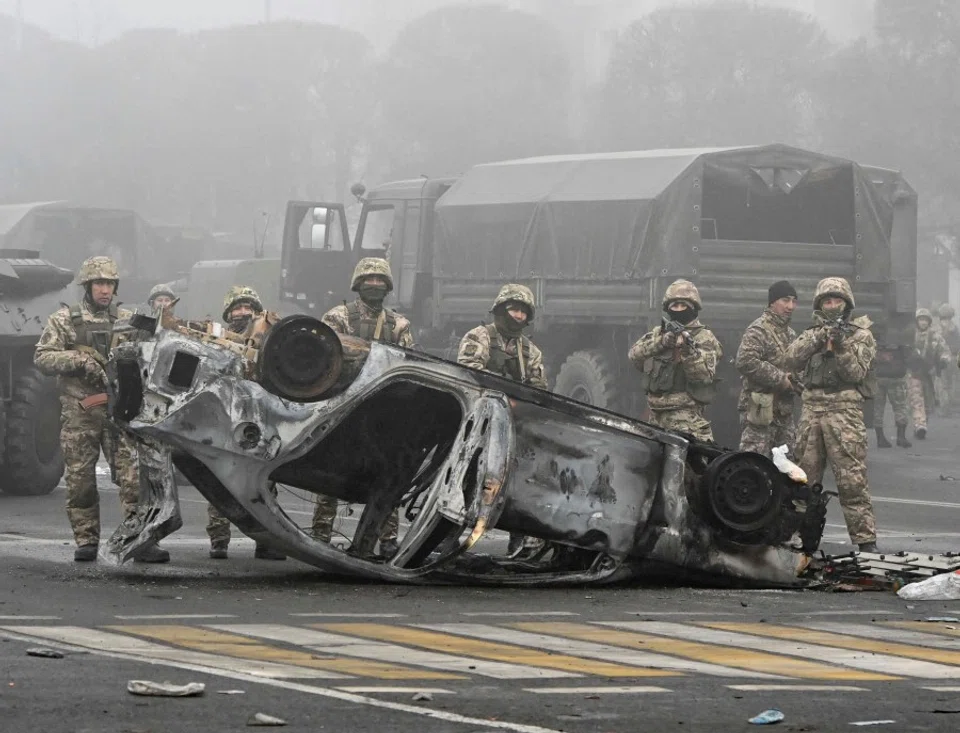
At the start of the new year, sudden unrest broke out in the Central Asian country of Kazakhstan, with political power in crisis at one point. At the request of Kazakhstan President Kassym-Jomart Tokayev, the Russian-led Collective Security Treaty Organization (CSTO) quickly dispatched a military unit to help the Kazakhstan government stabilise the situation.
China will be a friend in need
As a neighbour of Kazakhstan, naturally China would not stand by and watch. In a verbal message to Tokayev on 7 January, Chinese President Xi Jinping praised him: "You decisively took strong measures at critical moments and quickly calmed down the situation, showing your position of responsibility and sense of duty as a politician, and of being highly responsible for your country and your people."
Xi also stressed that China firmly opposes any force undermining Kazakhstan's stability, threatening the country's security, and sabotaging the peaceful life of the Kazakh people. Furthermore, China strongly rejects any attempt by external forces to provoke unrest and instigate "colour revolutions" in Kazakhstan, as well as any attempt to harm the friendship between China and Kazakhstan and disrupt the two countries' cooperation.
China has not specified how it will help Kazakhstan to overcome its difficulties. It is also not a member of the CSTO, and has not sent troops to Kazakhstan. However, it is clear that China loathes to see a "coup" in Kazakhstan.
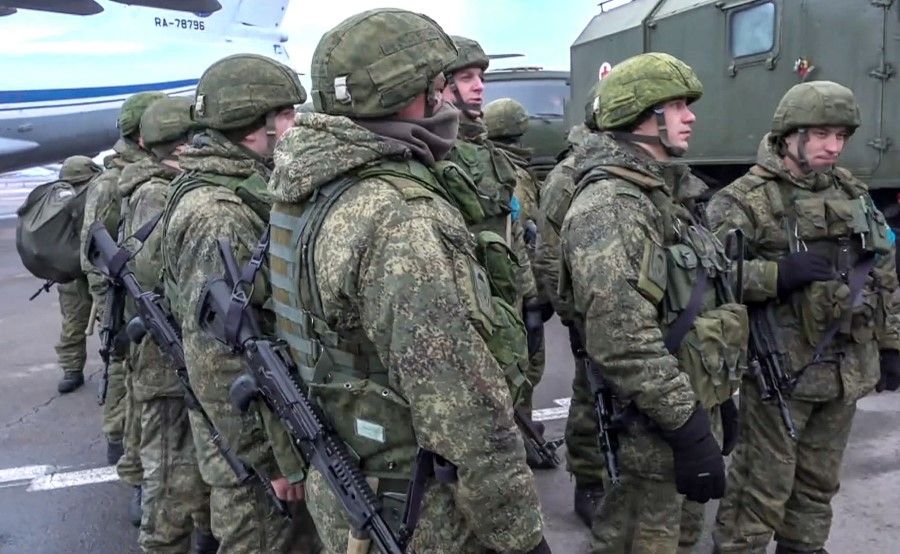
Xi said that China, as a fraternal neighbor and permanent comprehensive strategic partner of Kazakhstan, is ready to provide necessary support to help it overcome the difficulties. He added that no matter what risks and challenges get in the way, China will always remain as a trustworthy friend and reliable partner of Kazakhstan, and the Chinese people will forever stand with the Kazakh people.
China has not specified how it will help Kazakhstan to overcome its difficulties. It is also not a member of the CSTO, and has not sent troops to Kazakhstan. However, it is clear that China loathes to see a "coup" in Kazakhstan. And it is easy to see that China will provide assistance to Kazakhstan along with Russia and other CSTO countries so as to prevent another "colour revolution" in the region.
Few expected the unrest in Kazakhstan. Compared to other Central Asian countries, Kazakhstan is rich in oil and natural gas, with a per capita GDP of nearly US$10,000 (about S$13,500). Life is not difficult, but a rise in prices of liquefied petroleum gas gave rise to unrest within a few short days leading to nearly 1,000 casualties. Shockingly, President Tokayev said that 20,000 "bandits" had participated in the unrest in Kazakhstan's largest city Almaty.
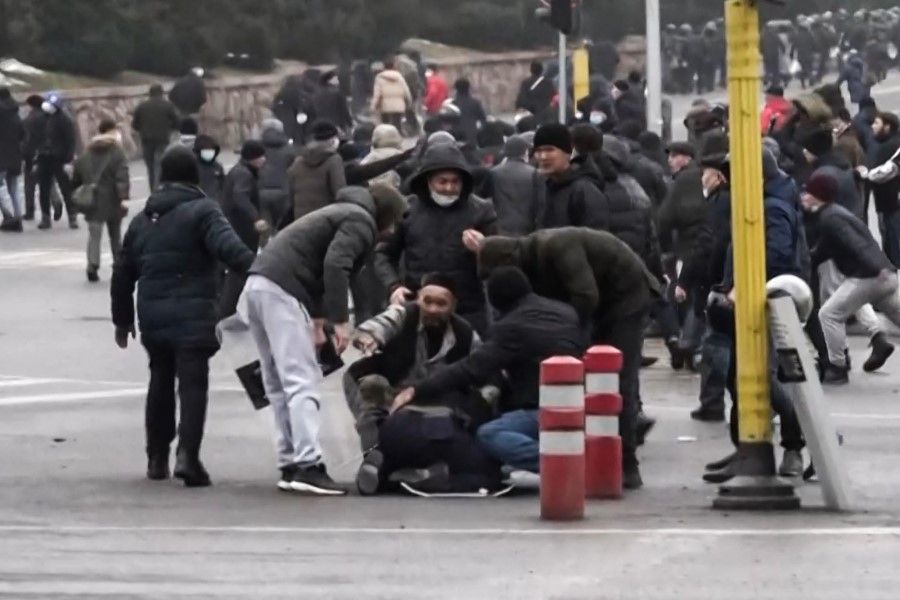
While the unrest in Almaty and other locations has been quelled with Russia's strong intervention, the social division, anxiety and economic losses that came out of the unrest will take more time to recover. Kazakhstan probably finds it difficult to sustain social stability and the economy and will have to rely on Russia and China to avert further disturbances.
...Chaoyang Shaoxia (朝阳少侠) in an article on 8 January asserted that the rapid escalation and level of organisation of the protests are shocking, and that it is clearly a premeditated anti-government demonstration.
Suspicions of US involvement in the protests
In Xi's verbal message to Tokayev, he hinted at external forces instigating a "colour revolution" in Kazakhstan. Public opinion in China tends towards seeing the US as the hidden hand.
Official-backed WeChat account Chaoyang Shaoxia (朝阳少侠) in an article on 8 January asserted that the rapid escalation and level of organisation of the protests are shocking, and that it is clearly a premeditated anti-government demonstration. During the protests, a large number of armed people smashed, looted and burned buildings and even attacked the police, engaging in street battles with the troops. It was obvious that these armed protestors were trained "professionals". The article asked, "If this was all a so-called spontaneous peaceful demonstration, where did all the '007' agents come from? Haven't we seen this scene before in Myanmar's Yangon and China's Hong Kong?"
Both China and Russia cannot accept the emergence of a pro-US regime in Kazakhstan.
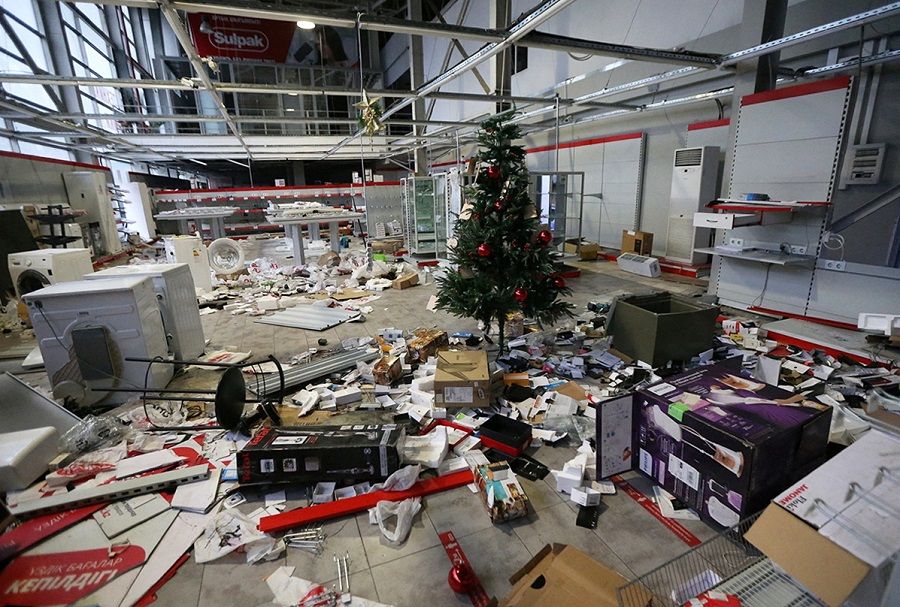
The writer opined that two weeks prior to the protests, the US embassy in Kazakhstan had warned of a possible large-scale demonstration in Kazakhstan and even identified potential locations for the protests, urging Kazakhstan to hold "free and fair elections". The writer questioned, if the US had nothing to do with it, how could they predict what would happen?
He further claimed that the US's National Endowment for Democracy had invested over US$1.08 million in Kazakhstan in 2020, nearly double the amount invested in 2018. The funded projects not only included those that "promote free and fair elections" such as the "Wings of Liberty" foundation, but also those that seek to influence the ideology of Kazakhs, especially the youths, by promoting historical narratives. He asserted that such activities were either "spiritual opium" or historical nihilism. The fact that the Kazakhs, especially the younger generation, have long been influenced by Western ideas is undoubtedly the hidden ideological roots for the current turmoil.
Both China and Russia cannot accept the emergence of a pro-US regime in Kazakhstan. Russia will never allow its neighbour Kazakhstan to turn into another Ukraine, hence its quick decision to send troops.
Connections to Xinjiang
On the other hand, the Sino-Kazakh border is only about 400 kilometres away from Urumqi, the capital of Xinjiang. Additionally, a 10,000 kilometre-long Central Asia-China Gas Pipeline runs between China and Kazakhstan, where natural gas extracted from Turkmenistan passes through Kazakhstan and other countries and enters China via Xinjiang's Horgos Port. Linked up with the West-East Gas Pipeline via three pipelines (A, B, and C), the Central Asia-China Gas Pipeline provides clean fuel for over 500 million people along the route, to regions such as Lanzhou, Chengdu, Chongqing and the eastern coastal areas.
Apart from playing an important role in China's economic belt, Kazakhstan is also China's important partner in fighting the "three evil forces" of terrorism, extremism and separatism in Xinjiang.
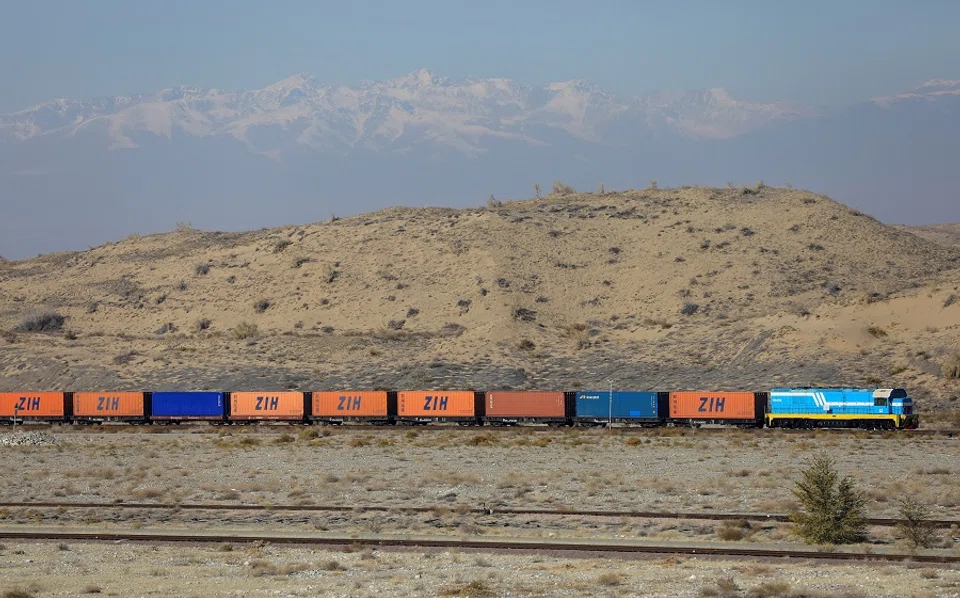
Kazakhstan is also an important corridor of the China-Europe freight train line, as it connects China's Silk Road Economic Belt to the world.
Apart from playing an important role in China's economic belt, Kazakhstan is also China's important partner in fighting the "three evil forces" of terrorism, extremism and separatism in Xinjiang. China and Kazakhstan have been jointly combating the "three evil forces" since diplomatic ties were established 30 years ago, and this has contributed to the stability in Xinjiang.
The fact that the protests in Kazakhstan were quickly quelled shows both Russia and China's strong influence in the country. But this sudden uprising is also a reminder to China of the unpredictability in its internal and external environment. Leaders must be alert to people's needs and sentiments and must not be arrogant.
